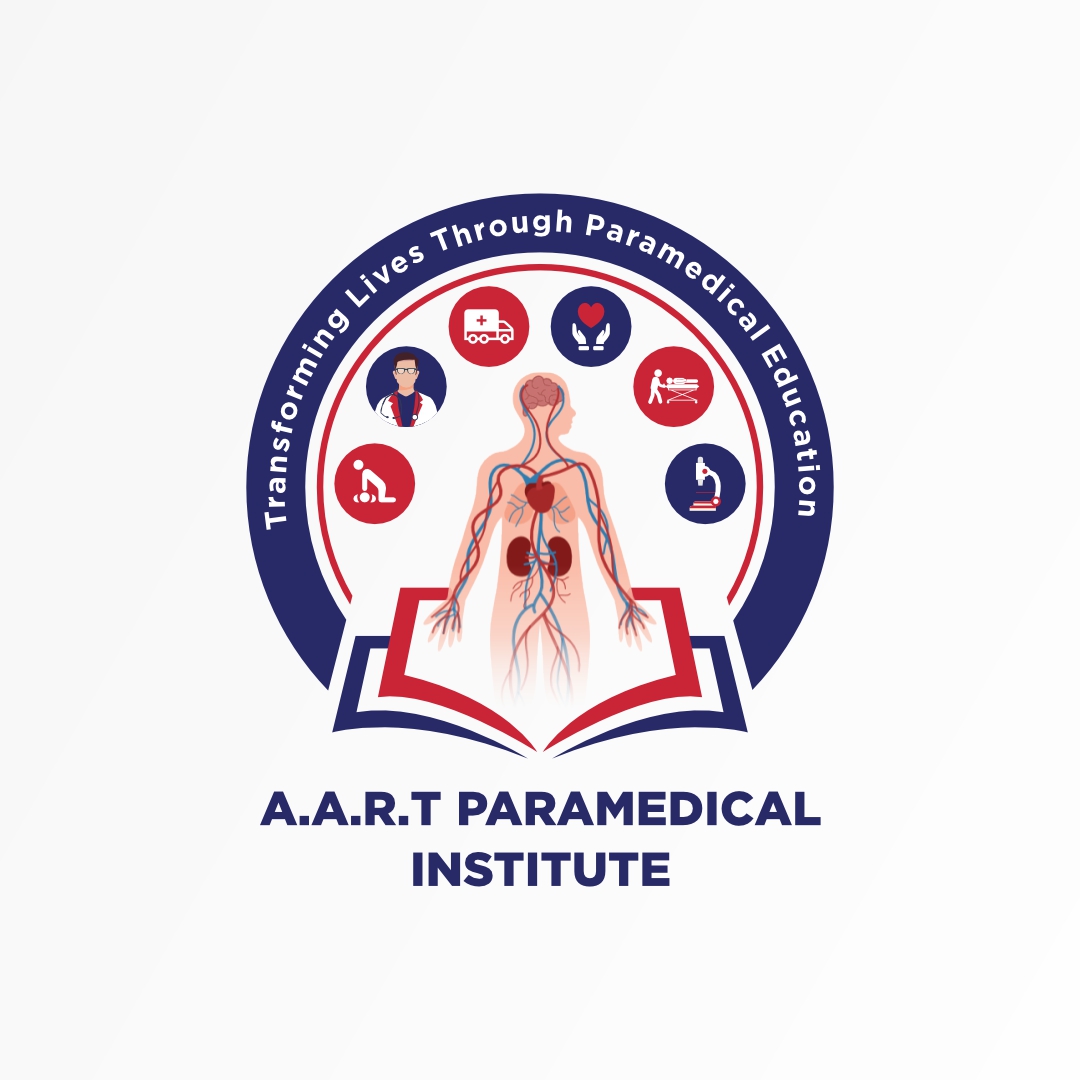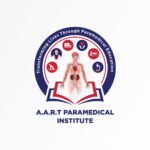- Phone : +(91) 9657004696
- Email : aart.paramedicalinstitute@gmail.com
- Work Hours : Mon - Fri : 9:00 AM - 6:00 PM

A General Duty Assistant (GDA) course prepares individuals to provide basic patient care in healthcare settings. Here are the key components of the course:
1. Basic Patient Care: Training in personal hygiene, feeding, and mobility assistance.
2. Medical Terminology: Understanding essential medical vocabulary and concepts.
3. Vital Signs Monitoring: Techniques for measuring and recording vital signs (blood pressure, pulse, temperature).
4. Infection Control: Procedures to prevent and control infections in healthcare settings.
5. Nutrition and Diet: Basics of nutritional needs and meal preparation for patients.
6. Emergency Procedures: Training in first aid, CPR, and handling emergencies.
7. Communication Skills: Effective communication with patients, families, and healthcare teams.
1. Basic Patient Care: Training in personal hygiene, feeding, and mobility assistance.
2. Medical Terminology: Understanding essential medical vocabulary and concepts.
3. Vital Signs Monitoring: Techniques for measuring and recording vital signs (blood pressure, pulse, temperature).
4. Infection Control: Procedures to prevent and control infections in healthcare settings.
5. Nutrition and Diet: Basics of nutritional needs and meal preparation for patients.
6. Emergency Procedures: Training in first aid, CPR, and handling emergencies.
7. Communication Skills: Effective communication with patients, families, and healthcare teams.
8.Ethics and Patient Rights: Understanding patient confidentiality and ethical considerations in healthcare.
Typically, a high school diploma or equivalent is required.
Some programs may have age restrictions or require a basic health assessment.
The course generally lasts from a 6 months.
Many programs offer a certificate upon completion, which may be required for employment.
Employment opportunities in hospitals, nursing homes, home healthcare, and rehabilitation centers.
GDAs may pursue further training or certification in specialized areas such as nursing or allied health fields.
If you’re looking for specific programs or institutions, let me know!
The Paramedical Education is the back bone of the Medical and Healthcare Industries.

Copyright © 2024 All rights reserved by A.A.R.T Paramedical Institute
Privacy Policy | Terms & Conditions | Designed & Developed by Koshank

WhatsApp us